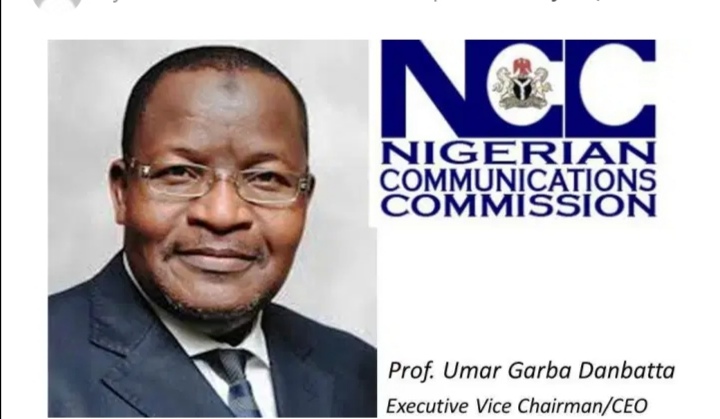National Roaming: NCC Issues Regulatory Framework says Duration must Not Exceed 3 years.
As the Nigerian Communications Commission (NCC) released guidelines for National Roaming in Nigeria, All is now set for the implementation by the operators. The release of the guidelines officially opens the floor for the telecom operators to explore the new window for connecting more Nigerians.
In exercise of the powers conferred upon it by Section 70 of the Nigerian Communications Act, 2003 and other enabling powers in that regard, NCC said the guidelines are issued to give effect to the provisions of licences which permit the licensees to enter into agreements to provide National Roaming services in Nigeria, subject to the prior approval of the Commission.
While most telecoms users, especially, those who frequently travel out of the country have been benefitting from international roaming service, which allows them to make and receive calls on foreign networks, national roaming service makes the same possible locally as the network operators are yet to cover all parts of the country. This presupposes that a Globacom customer that moves to a remote area where only MTN service is available is automatically connected through MTN.
Part of the procedure for national roaming as stipulated by the guidelines include that duly authorised service providers shall request and negotiate national roaming agreements with each other on bilateral and non-discriminatory terms. “A Roaming Seeker requesting for National Roaming services shall forward a duly completed Roaming Request Form A contained under Schedule 1 of these Guidelines to the Roaming Provider. “Where the Roaming Seeker receives no response from the Roaming Provider within 15 days of its request, the Roaming Seeker shall immediately notify the Commission in writing, and the Commission shall take necessary steps to ensure the Roaming Provider responds to the Roaming Request,” NCC stated under the legal provisions of the guidelines.
The guidelines also spell out other provisions such as Considerations for National Roaming Agreements; Dispute Resolution; Termination of Agreement; Provision of Subscriber Information, among other provisions aimed at ensuring smooth operation of the system.
The release of the guidelines for the full-blown rollout of the national roaming service in the country followed a successful trial carried out last year. As part of preparations to launch into the national roaming era, the NCC had last year approved a trial of the system for two mobile network operators, MTN and 9mobile.
With the approval, the two operators configured their networks for test and simulation for customer experience. The trial approval, according to the NCC, covered a few local governments, designated as the National Roaming geographic area, in Ondo State.
Speaking on the approval, the Executive Vice Chairman (EVC) of NCC, Prof. Umar Danbatta, said the primary objective of the National Roaming Service trial was to encourage network resource sharing among operators. He said this would lead to operational expenditure (OPEX) optimisation and capital expenditure (CAPEX) efficiencies leading to freeing up of resources to expand mobile network coverage to unserved and underserved communities across the country, which will lead to improved Quality of Service (QoS) delivery to subscribers.
“The successful implementation of the trial will enable EMTS, subscribers, to access MTN network service within the National Roaming trial geographical area without the need for an MTN Subscriber Identification Module (SIM) card,” Danbatta had said.












